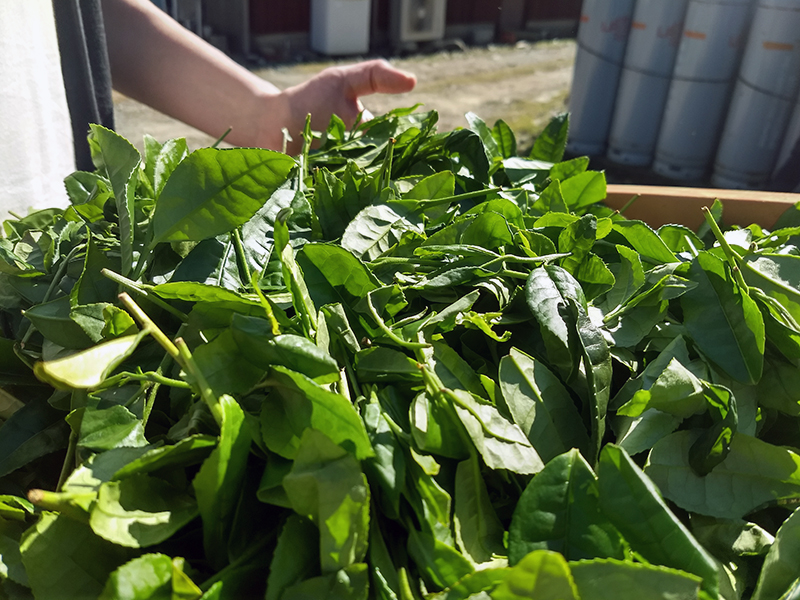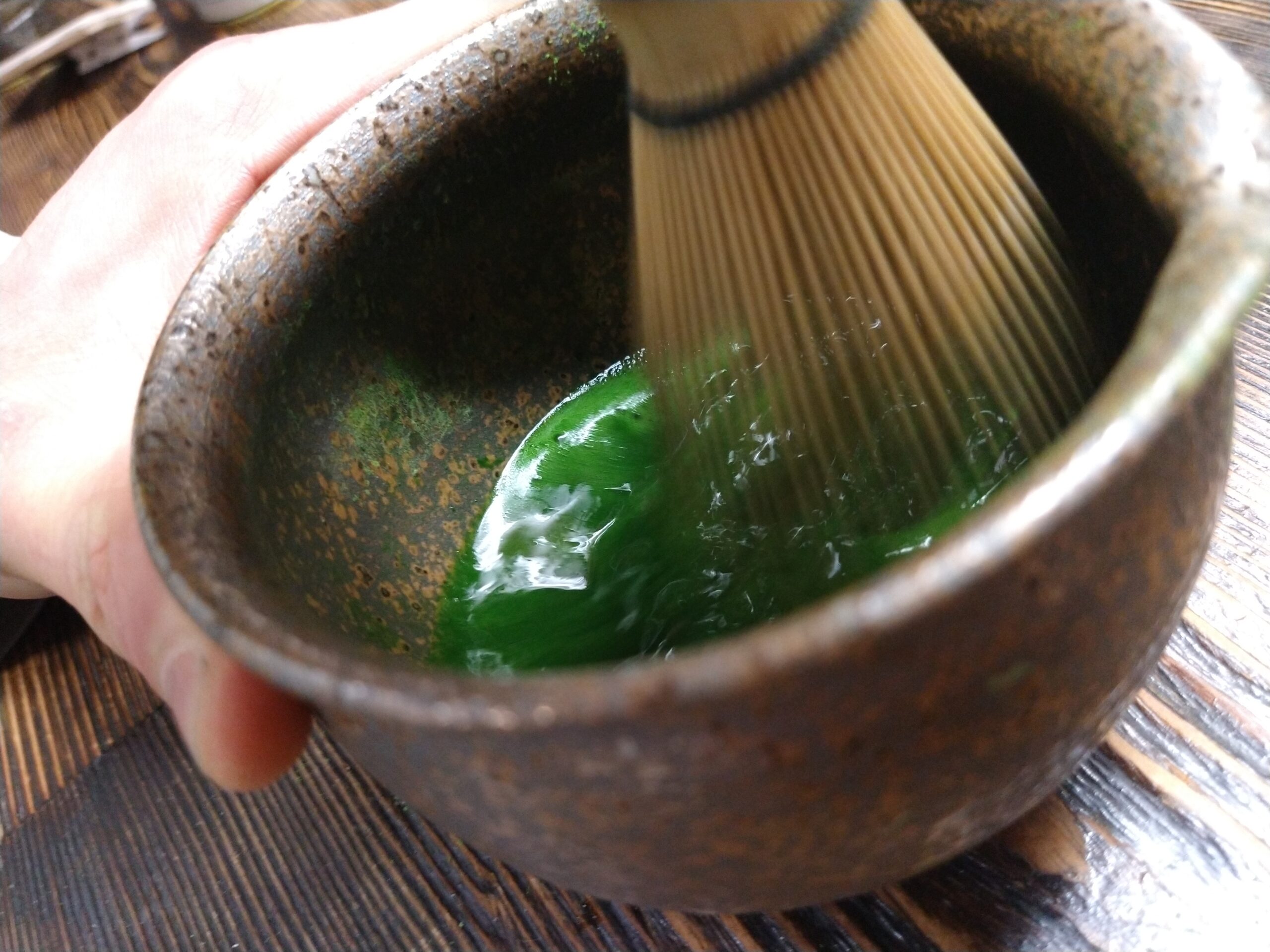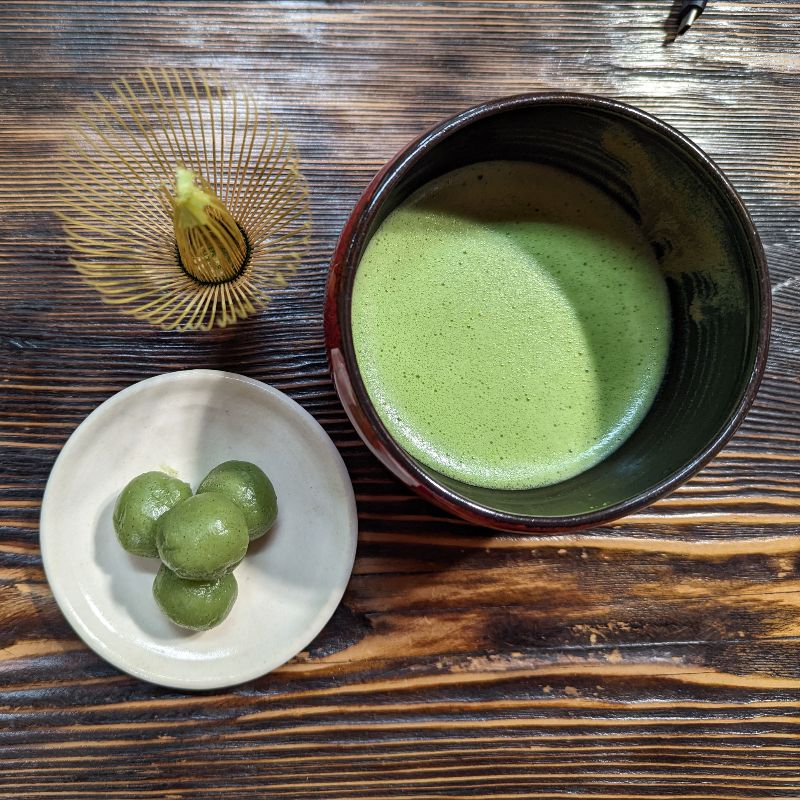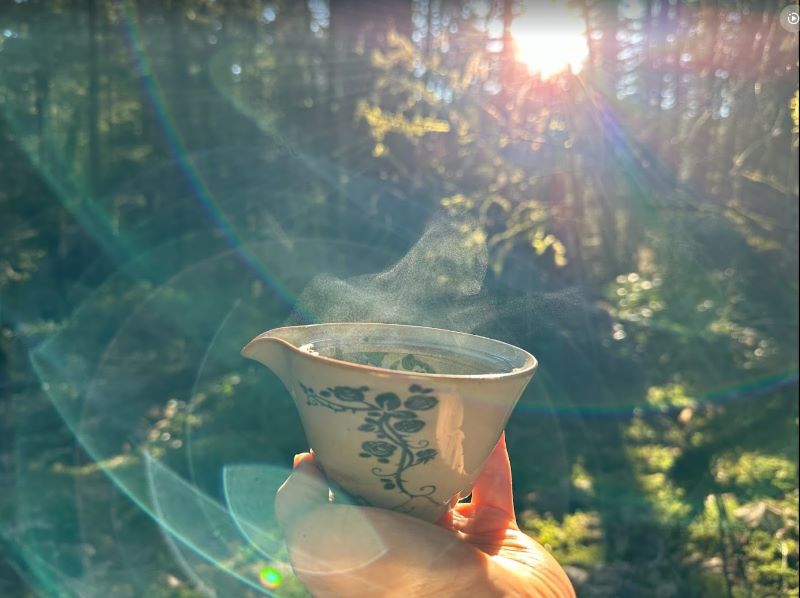Spring is always a very exciting time of year for us. We see the first flush Darjeeling origin tea samples in a few days, have word that the pre-Qing Ming Chinese teas are tasting great, news that Japanese teas are developing slowly but nicely, and Taiwanese tea samples are on their way. In our books, February and March are for new Indian teas, March and April are for delicate Chinese teas, April is for Taiwan, and May and June are for Japanese teas. The summer is for domestic tisanes
The Importance of Fresh Milling
Very early on in JagaSilk’s history, we realized the importance of fresh milling. We noticed that the North American norm of placing a 2 year expiry on tea was not a very transparent system. It was a bit of a shock for us to learn that this date can be based on date of receipt rather than date of production. Though we had decided to put a 9 month expiry on our maccha based on the mill date, we had an unfortunate encounter one day in a grocery store where we happened upon a customer choosing a different company’s maccha because the expiry was further away. Ever since, we moved to a transparent production date (ie. mill date) and haven’t looked back.
“…you are generally in good shape for 12-18 months for a given tea.“
It is always a bit of a risk putting the year of harvest clearly on our teas as we risk confusion over ideal best before dates, etc. We like to tell folks that if their tea is heat sealed and stored in a cool, dark, dry place, you are generally in good shape for 12-18 months for a given tea. There are always wildcard teas, of course, so it is important to keep in mind that some years your more delicate greens will only last 9 months, while 15 months another. Many crimson teas can be pushed to 18 months.
Teas change in flavour throughout the year, as they rest and develop (in ideal conditions) and then oxidise and fade (a part of life, really). You can tell that your delicate green teas have oxidised when they small like old hay. More heavily enzymatically oxidised teas (different from storage oxidation) simply come across as muted and woody. Old tea (that’s not meant to be aged) will have a noticeable lack of “chi” (vibrancy).

Tea is also great for compost.
The Spring presents an interesting opportunity to go through your tea collection and assess what can stay and what needs to go. A lovely way to use up old tea is to brew it in cold water for 24 to 72 hours. Weigh 40g of tea into a 500ml mason jar and fill it right up, ideally weighing 850g cold water, then lid and refrigerate. A couple days later, strain it into a jar for storage: you now have a concentrate you can cut 25% concentrate to 75% cold, hot, or bubbly water.
Tea is also great for compost. We always tell people that once they open their tea, go through it in 4 weeks (3 for maccha) to drink it while it is still vibrant. So many people (ourselves included) open up way too many teas for our fascination with flavour. Can you imagine if as a society we did that with wine? It would be such a sad thing to ruin so much good wine through lack of patience and discipline. The same can be said for tea. Less is more. Go through your tea and then go on to the next one. Ideally we keep a couple of each genre (white, yellow, green, blue, crimson, black) open at any given time of year. Black (or dark) teas such as Pu-erh, are the exception, along with some other teas that are meant for aging, but it is important to say goodbye to old teas that are oxidized and spent, if you want to harness the flavour and medicinal potential of your collection.
It is all part of the cycle of life, really. Everything has a beginning and an end.
Share this article
Search the blog
JagaSilk Links
Article Categories
Subscribe to our Newsletter
Love maccha? Sign up and get 10% off your first order. You'll also receive new articles and video content!



